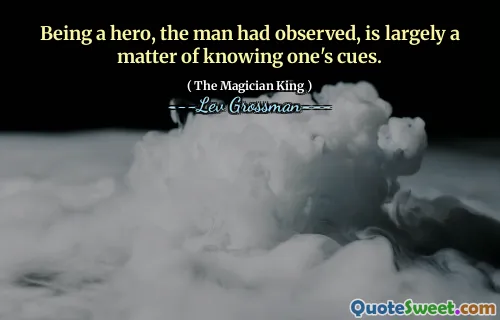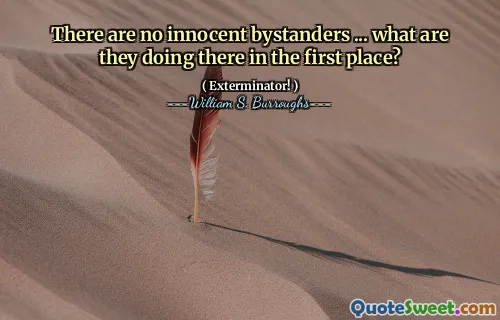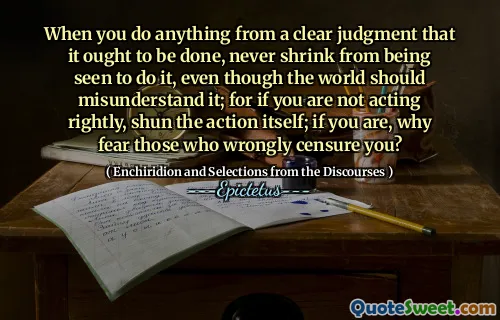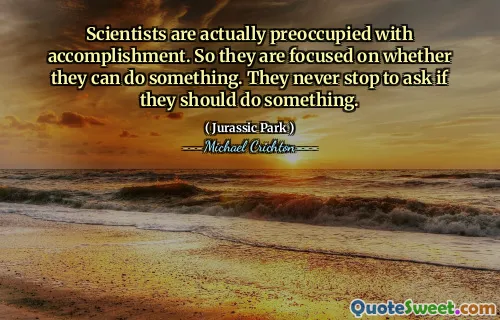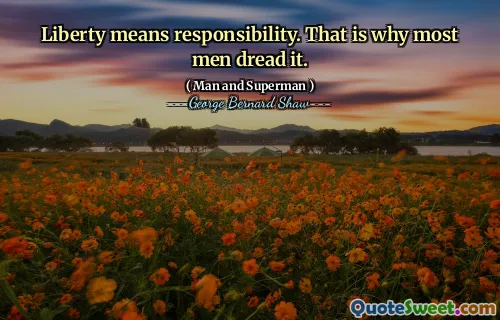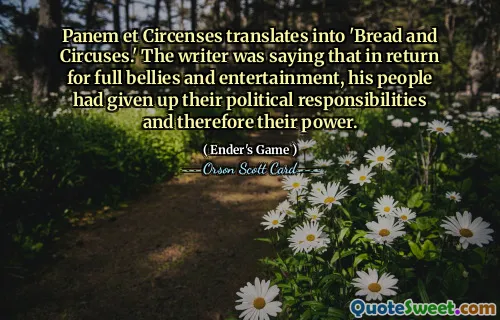
Being a hero, the man had observed, is largely a matter of knowing one's cues.
This quote from Lev Grossman's "The Magician King" offers a compelling perspective on the nature of heroism. It suggests that heroism isn't solely about grand gestures or extraordinary feats; rather, it can hinge on one's ability to interpret and respond to the subtle signals and moments life presents. The phrase "knowing one's cues" evokes an image from theater, where understanding when to act is as critical as the act itself. This analogy implies that in real life, becoming a hero requires situational awareness, intuition, and a readiness to step forward when the moment arises.
The insight here is profound because it democratizes heroism. If heroism is about timing and perception rather than inherent power or greatness, then anyone has the potential to be heroic. It challenges the traditional romanticized ideas of a hero as someone with superhuman strength or extraordinary destiny. Instead, heroism becomes accessible and practical—it's about being attuned to the needs of the moment and having the courage to act accordingly.
Moreover, the quote hints at a performative aspect of heroism. Just as actors must strike their cues to deliver a compelling performance, heroes must align their actions with the unfolding narrative of their environment. This recognition urges individuals to be mindful observers of their circumstances, highlighting that passivity is the antithesis of heroism.
Ultimately, the quote urges us to rethink what it means to be heroic in everyday life: a careful balance of awareness, timing, and action. It is both a subtle art and a conscious choice to rise to the occasion.
